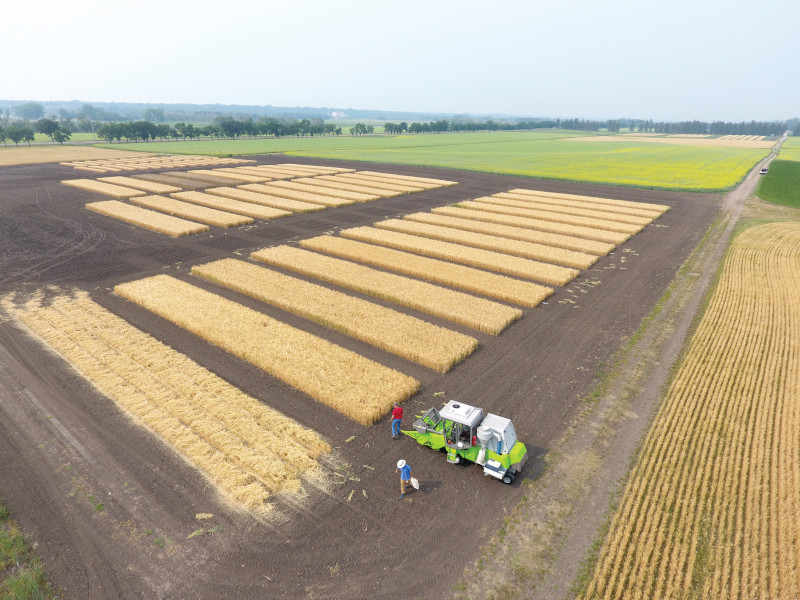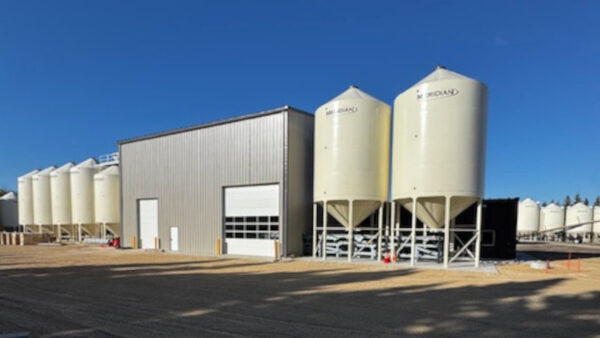
Pop quiz: how long is a germination test good for?
You might have said six months. Or nine.
Truth is, there’s nothing written down in Canadian legislation specifying an exact length of time. Under Canadian Food Inspection Agency regulations, seed has to meet the grade standard at the time of sale.
This leaves people wondering how good their latest germ test is. It leaves a lot to chance. If your germ test is several months old, and the germination somehow has declined in that time during storage, you could end up with a problem if a customer — or you — have a bad experience after seeding and find out the seed didn’t meet grade.
[tweetshare tweet=”This time of year, it’s a good idea to think about doing another germination test if yours is months old.” username=”germinationmag”]Why does this happen?
- Harvest conditions. After a year like 2019 where there was moisture at harvest, pre-sprouting and a lot of grain drying, seed germination can decline.
- Crop type. This can be a big influence as well. In malting barley, for example, germination can rapidly diminish. Malting barley is designed to sprout evenly and uniformly so we can make malt out of it, but that can create a problem because it often sprouts in the field. Malting barley can sprout quite a bit and still recover its germination just fine, but in the process it has used up some of its energy reserves — meaning we will initially see barley with decent germination, but in the fall but it drops quickly over a few months.
If you had abnormal seedlings in the fall, that’s a sign germination could drop. One cause of seed abnormality is pre-sprouting. Another is heating — whether you dried the grain using heat, or there’s moisture pockets in the bin and bacteria and fungus grow, which creates heat and resulting seed damage.
This time of year, it’s a good idea to think about doing another germination test if yours is months old. It’s good to have a fresh germination number before you sell that seed or plant it. It’s not worth all the effort you’ve put into growing or selling the seed if it ends up not meeting the grade standard like you thought it did.
Most germination tests are in the $25 range — it’s a tiny bit of money to prevent a potentially large problem.












